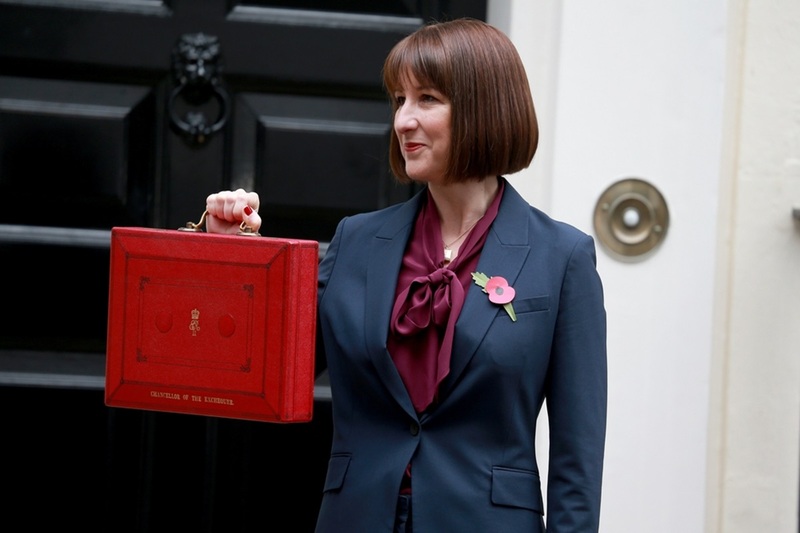Dear visitor,
You're reading 1 of your 3 free news articles this quarter
Register with us for free to get unlimited news, dedicated newsletters, and access to 5 exclusive Premium articles designed to help you stay in the know.
Join the UK's leading credit and lending community in less than 60 seconds.
Chancellor Rachel Reeves calls for five percent cost cuts
 Credit Strategy, Shard Financial Media
Credit Strategy, Shard Financial MediaChancellor of the Exchequer Rachel Reeves has initiated a cost-cutting directive, asking every Government department to reduce expenses by five percent.
This announcement comes at a time of growing discontent among public sector unions regarding proposed pay increases for over a million workers, which they regard as inadequate. The Government has indicated a rise of 2.8% for the next fiscal year, which has elicited strong criticism from various professional bodies, highlighting tensions in negotiations amidst ongoing discussions about national financial policy.
Economic forecasts from the Office for Budget Responsibility predict inflation rates to average 2.5% this year and rise slightly to 2.6% next year. Given these inflationary pressures, many unions believe that the proposed pay rise does not align with the rising cost of living.
The British Medical Association has expressed particular concern, with its chair, Professor Philip Banfield, describing the Government’s pay proposal as reflective of a “poor grasp” of the issues stemming from two years of industrial action. He emphasized that the proposed rise falls significantly short of the current inflation rate, warning of a potential resurgence in industrial action if “pay erosion” continues unchecked.
The Royal College of Nursing has voiced its discontent, asserting that a mere £2 daily increase is inadequate and offensive to nursing professionals. Their general secretary, Professor Nicola Ranger, stated, “Nursing is in crisis – there are fewer joining and too many experienced professionals leaving." She argued the need for “open direct talks now” to avert further strikes, highlighting the urgent situation within the NHS.
Further criticisms arose from the National Education Union (NEU) and the Department of Education’s support for a 2.8% increase for teachers. NEU general secretary Daniel Kebede noted that teachers’ pay has decreased by over a fifth in real terms since 2010. He warned that this insufficient increase risked exacerbating the recruitment and retention crisis in schools, placing additional strain on both educators and students.
Similarly, the Department of Health referred to the suggested pay rise as “reasonable” to maintain NHS competitiveness, but unions argue it does not adequately reflect workers’ contributions amid an increasing cost of living.
The Cabinet Office’s proposal to limit pay increases for senior civil servants to the same rate has also drawn scrutiny, with unions arguing that such measures undermine morale and working conditions for essential public sector employees.
Amidst this backdrop, Helga Pile from Unison remarked that while the Government has inherited a challenging financial situation, the proposed pay increases do not reflect what NHS workers desire, emphasising that staff are crucial for the turnaround of the NHS’s fortunes.
Stay up-to-date with the latest articles from the Credit Strategy team
Get the latest industry news






